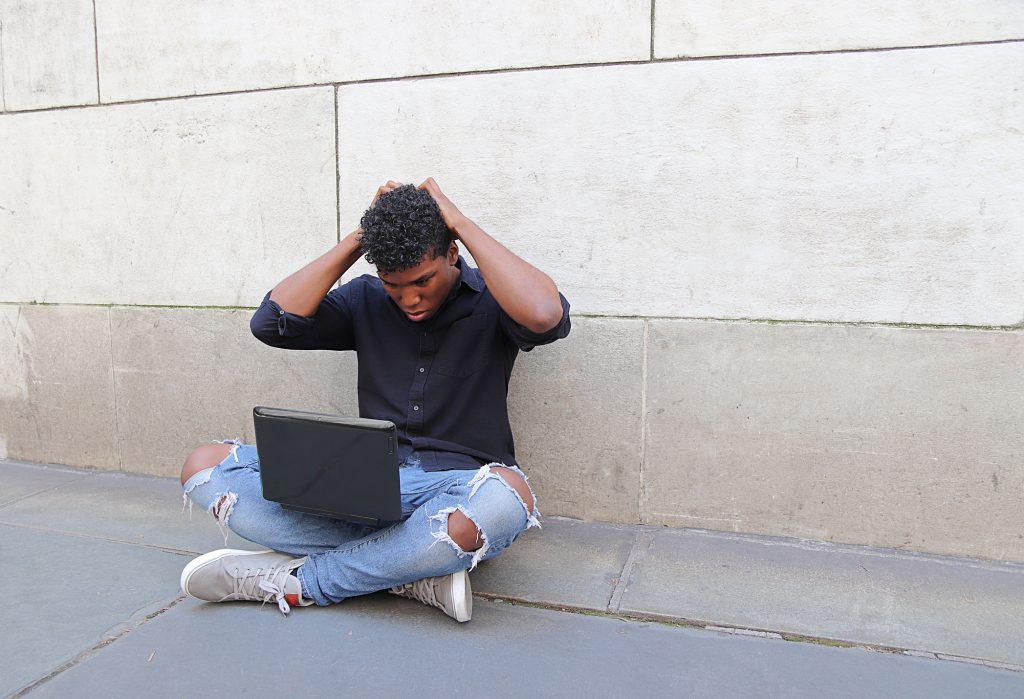
Act would include $2.25 billion for professional development

U.S. Sens. Mazie K. Hirono (D-Hawaii) and Cory Booker (D-N.J.) have announced their plan to introduce the Learning Opportunity and Achievement Act (LOAA), which would “improve distance and blended learning in U.S. public schools during the coronavirus pandemic.” LOAA is intended to combat instructional loss, particularly for at-risk and marginalized students, by providing support for professional development and training programs for teachers, tutoring and academic services, research and best practices, and other initiatives to enhance equity and access for all students.
The bill would provide funding to address instructional loss for at-risk and marginalized students, including English learners, low-income students, minority students, migratory students, children with disabilities, homeless children and youth, and children or youth in foster care. Specifically, LOAA would provide the following resources:
$2.25 billion in formula grants for ESSA professional development and training programs (Sec. 5).
$100 million in competitive grants for states and school districts, working with K-12 schools, colleges and universities, national organizations, and community-based organizations (including Alaska Native and Native Hawaiian organizations), to develop training programs (Sec. 7).
$50 million in competitive grants for states to provide supplemental professional development for educators, paraprofessionals, specialized instructional support personnel, and school leaders, focused on distance and hybrid learning models (Sec. 6).
$50 million in grants for states and school districts, working with K-12 schools, colleges and universities, national organizations and community-based organizations, to provide tutoring services for at-risk and marginalized students (defined as low-income students, minority students, students with disabilities, English learners, migrant students, homeless students, and foster youth), and Native students (Sec. 8).
$25 million in grants for school districts to support educators, paraprofessionals, specialized instructional support personnel, and school leaders with innovative ideas to improve distance learning, especially for at-risk students and Native students (Sec. 9).
$25 million in grants to support on-campus “learning hubs” for at-risk students and Native students with limited access to broadband and devices.
“Over the past few months, I’ve heard from students, parents, and educators across Hawaii who are doing their best to adjust to distance learning during the coronavirus pandemic. My own education was fundamental to my success, and this generation of students deserves a quality education—regardless of the challenges the pandemic poses. LOAA provides vital resources so educators can support their students, particularly those who are most at risk for instructional loss. I will continue to advocate for robust funding that supports healthy and safe learning environments for students in Hawaii and across the country,” said Sen. Hirono.
“Moving to a virtual learning environment to protect the health and safety of our students, teachers, and support staff has presented new challenges for teachers, students, and their families. Our bill will invest funds in states and communities to ensure that our students, especially the most vulnerable, are getting the attention they need and our teachers are getting the support they deserve,” added Sen. Booker.
LOAA would also require the U.S. Department of Education, through the Institute of Education Sciences, to conduct research and identify and disseminate best practices for addressing instructional loss due to COVID-19—especially for at-risk and marginalized students.
The bill (text available here) has received broad support from national and local organizations, including the Joint National Committee for Languages and the National Council for Languages and International Studies, whose policy director, Alissa Rutkowski, commented, “This bill provides a crucial initial step in ensuring equitable and quality educational opportunities for students facing a higher risk of instructional loss, including and especially the five million students who speak a language other than English and the educators and professionals who serve them.”
JoAnn Bartoletti, CEO of the National Association of Secondary School Principals, argued in support of the bill, “Education can succeed only if we invest in the people who do the educating, especially under pandemic conditions that heighten student needs and press the limits of teachers’ ability to deliver virtual and hybrid instruction,”
And Richard Culatta, CEO of the International Society for Technology in Education, pushed home the point,“Now, the whole country knows all too well that the ability to teach online is a core competency that all teachers must possess. We thank Senator Hirono for introducing legislation that recognizes the importance of technology professional development and provides significant funding for it. ISTE enthusiastically endorses this bill and looks forward to working with Senator Hirono to ensure it is enacted.”
At this time, a date has not been set for its introduction to the Senate and it remains to be seen if the bill will become part of the latest stimulus package.







